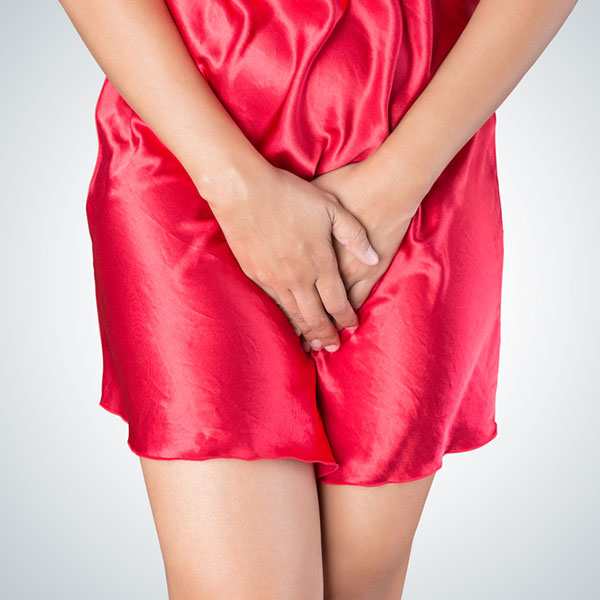One of the common symptoms of menopause is vaginal dryness, which affects about half of all women during this transition. Vaginal dryness can be uncomfortable, painful, and can affect sexual function. Fortunately, there are ways to relieve this symptom. MenoRescue™ is one, which you can find here: https://wellme.com/shop/menorescue/
Further to that, we will discuss other natural ways to relieve vaginal dryness during menopause.
First, what causes vaginal dryness during menopause?
During menopause, the ovaries stop producing estrogen, which can lead to a decrease in vaginal lubrication. This decrease in estrogen levels can cause the vaginal tissues to become thinner, less elastic, and drier. This can result in itching, burning, and pain during sexual activity.

Here are 6 natural ways to relieve vaginal dryness during menopause:
- Use a water-based lubricant: Using a water-based lubricant can help reduce friction during sexual activity and relieve discomfort. Be sure to choose a product that is free of irritants and fragrances.
- Use vaginal moisturizers: Vaginal moisturizers are products that are designed to be used regularly to keep the vaginal tissues hydrated. They can help relieve dryness, itching, and burning. Some popular vaginal moisturizers include Replens and Sliquid.
- Phytoestrogens: Phytoestrogens are compounds found in certain foods, such as soy and flaxseed that have estrogen-like effects in the body. Studies have suggested that incorporating phytoestrogen-rich foods into your diet can help reduce the severity of menopause symptoms, including vaginal dryness.
- Kegel exercises: Kegel exercises are a series of exercises that target the pelvic floor muscles. Strengthening these muscles can improve bladder control and increase blood flow to the vaginal area, which can help reduce vaginal dryness.
- Avoid irritants: Certain products can irritate the vaginal area and make dryness worse. These include scented soaps, douches, and bubble baths. Be sure to use gentle, fragrance-free products to clean the area.
- Stay hydrated: Drinking plenty of water can help keep the body hydrated, including the vaginal tissues.
In conclusion, vaginal dryness is a common symptom of menopause that can cause discomfort and affect sexual function. However, there are several ways to relieve this symptom, including using lubricants and moisturizers, incorporating phytoestrogens into the diet, doing Kegel exercises, avoiding irritants, and staying hydrated. If you are experiencing severe vaginal dryness or other menopause symptoms, we recommend talking to your healthcare provider to determine the best treatment options for you.








